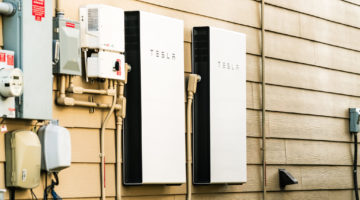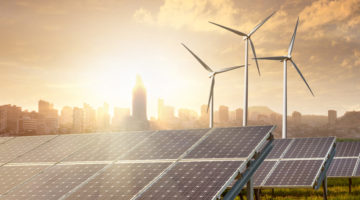
The background to the Feed-in Tariff (FiT) Contract for Difference (CfD) mechanism
The government wants to ensure UK investment in energy generation. Some of this investment will be responsible to upgrade the existing network to cope with the future energy mix, while the rest will be used to provide a stable playing field so that enough investment happens in renewables and nuclear energy to further diversify our electricity generation.
The UK also has also signed up to stringent carbon reduction targets, which means it will have to cut emissions by 80% by 2050 (compared to 1990 levels). Electricity demand is expected to double in the same time period; therefore enough incentives have to be provided to ‘low carbon’ generators so that investment happens to meet these challenges.
What is a FiT CfD?
A Contract for Difference (CFD) is a private law contract between a low-carbon electricity generator and the government-owned company, Low Carbon Contracts Company (LCCC). The idea is that agreeing fixed rates for a certain number of years – settled at auctions – will incentivise companies to commit to producing low-carbon energy.
The FiT CfD works by guaranteeing a fixed price (strike rate) for energy generation companies, based on wholesale rates. The generators will then sell some energy to suppliers, and the cost at which they sell it at may be the same as the strike price; below it; or slightly above it.
- If the sales of energy by the generators are the same as the strike price, then there is no further action.
- If the price is below that price, it will trigger top up payments by the suppliers,
- While if the sales by the generators are at a higher price, it will result in generators paying back the difference.
The reason the government wants to use the CfD model within the Feed-in Tariff framework is that like existing FiTs it guarantees the generators a stable premium over a 15 – 20 year timeframe. This is important as many infrastructure projects such as a wind, solar farm or a biomass power station are evaluated over a long period of time. The start-up investments are sizeable, so potential investors need to have a certainty of returns.












No Comments yet! Be the first one.